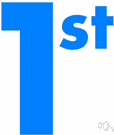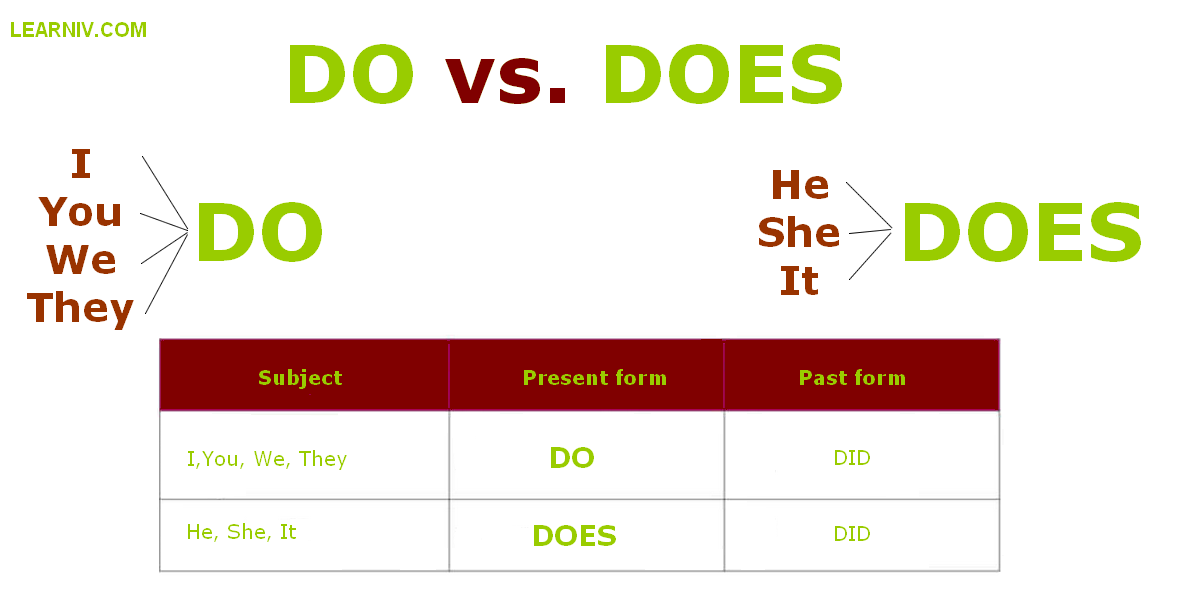Mastering Your Mid-Career: Strategies, Challenges, and Growth Opportunities
Understanding the Mid-Career Stage
The mid-career stage represents a pivotal period in a professional’s life. It typically starts around 10 years into your working journey and extends up to roughly year 25, assuming a 40-year career span. While age is often a factor-many mid-career professionals are in their 30s, 40s, or 50s-it is primarily defined by your level of experience, expertise, and the significant responsibilities you hold in your role. This stage is distinct from both the early, exploratory years and the later years approaching retirement, offering a unique blend of challenges and opportunities [1] .
Defining Features and Expectations
At mid-career, you have moved well beyond entry-level tasks. You are likely established in your profession, with a solid foundation of skills and a track record of accomplishments. This is often a time when professionals:
- Seek higher-level positions or leadership roles
- Desire more flexibility or work-life balance
- Pursue greater variety or impact in their work
- Consider switching fields or industries to align with evolving interests and values
Mid-career is also characterized by new ambitions and changing needs. For example, some professionals may want to lead teams or departments, while others may seek roles that offer more autonomy or a better fit with their lifestyle [1] [2] .
Common Challenges in Mid-Career
Despite the advantages of experience and expertise, mid-career professionals often encounter specific challenges:
- Limited Access to Training: Many established professionals struggle to find time or resources for additional education or upskilling, which can impede advancement or transitions into new fields [4] .
- Age Discrimination: Age bias remains a barrier in some industries, potentially affecting hiring and promotion opportunities.
- Work-Life Balance: Increased family or personal commitments-such as raising children or caring for aging parents-can require greater flexibility or a reevaluation of priorities.
- Economic Mobility: Some professionals find it difficult to move up the career ladder due to organizational structures or limited openings at higher levels [4] .
Recognizing these challenges early is essential for planning your next steps and maintaining career momentum.
Opportunities for Growth and Advancement
While the mid-career stage presents hurdles, it’s also a time of significant opportunity. Here’s how you can capitalize on your experience:

Source: sneakerbardetroit.com
- Pursue Further Education: Many universities and professional organizations offer flexible programs designed for working adults. You can research online programs or evening classes that fit your schedule. For official certification or degree programs, consider searching for accredited institutions through recognized education directories.
- Leverage Your Network: Tap into existing relationships to discover new roles or projects. Networking events and professional associations are particularly valuable for mid-career professionals. To find relevant associations, search for your industry’s leading organizations or attend conferences in your field.
- Consider Lateral Moves: Sometimes shifting to a different function or department within your current organization can expose you to new skills and prepare you for leadership positions.
- Prepare for Leadership: If you aim for management, seek mentorship or leadership training. Many companies offer internal programs, or you can look for leadership courses at local business schools.
- Explore Entrepreneurship: Some mid-career professionals use their expertise to launch consulting businesses or startups. If you’re interested in this path, research small business development centers or entrepreneurship workshops in your area.
Remember that mid-career is also an ideal time to reflect on your values and long-term goals. This self-assessment can guide you toward opportunities that are fulfilling both professionally and personally.
Practical Steps for Navigating Mid-Career
To maximize your potential during this stage, consider the following steps:
- Assess Your Skills: Make a comprehensive list of your current abilities and identify gaps that may need development. Tools like career assessments or feedback from colleagues can provide valuable insights.
- Set Clear Goals: Define what you want to achieve in the next five to ten years. Whether it’s a promotion, a new job, or more flexibility, clear goals help you create actionable plans.
- Update Your Resume and Online Profiles: Highlight your mid-career experience and leadership skills. When listing your accomplishments, focus on measurable results and specialized expertise [1] .
- Pursue Professional Development: Seek out training, certifications, or advanced degrees relevant to your field. If you’re unsure where to start, consult your company’s HR department or search for programs through reputable education organizations.
- Consider a Career Coach or Mentor: Professional guidance can clarify your options and suggest strategies for advancement or transition. Search for certified career coaches through recognized coaching associations.
- Explore Flexible Work Arrangements: If work-life balance is a priority, discuss options like remote work, flexible schedules, or job sharing with your employer. Many organizations now offer such accommodations, especially since the rise of hybrid work models.
- Prepare for Job Transitions: If you are considering a role change or industry switch, start with informational interviews, skills assessments, and targeted training. Research job boards and industry groups for openings aligned with your goals.
Real-World Examples
Case Study 1: Career Advancement Jasmine, a project manager with 12 years of experience, wanted to move into a director role. She identified a need for additional leadership training and enrolled in a part-time executive education course at a local university. By leveraging her professional network, she learned about an internal promotion opportunity. After updating her resume to highlight her advanced skills and recent coursework, she successfully transitioned to the director position.
Case Study 2: Industry Change Michael, in his early forties, decided to switch from marketing to data analytics. He enrolled in online data science courses and participated in industry meetups. By demonstrating his new skills on freelance projects, he eventually secured a full-time analytics role in a tech company.

Source: sneakerfiles.com
Alternative Approaches and Solutions
Not every mid-career professional follows the same path. Alternative routes include:
- Part-Time or Consulting Roles: These can offer flexibility and maintain income while exploring other interests or caring for family.
- Nonprofit or Mission-Driven Work: If values have shifted, some professionals move into nonprofit or community-based organizations for greater personal satisfaction.
- Global Opportunities: International assignments or remote roles can broaden experience and open new career doors.
Key Takeaways
The mid-career stage is both a period of consolidation and new opportunity. By proactively assessing your skills, seeking development, and exploring alternative pathways, you can continue to grow professionally and personally. Remember to leverage your network, pursue relevant education, and remain open to change. These strategies will help you navigate challenges and thrive in your mid-career journey.
References
- [1] Indeed.com (2025). Everything You Need To Know About Being Mid-Career.
- [2] AMS (2024). Confessions of a Mid-Career Professional.
- [3] Olde Raleigh Financial Group (2024). From Exploration to Retirement: 5 Stages of Your Career Journey.
- [4] Generation.org (2022). The Challenges of Midcareer Professionals.
- [5] Earnbetter.com. Are you a Mid-Career Professional Looking for Something New?



